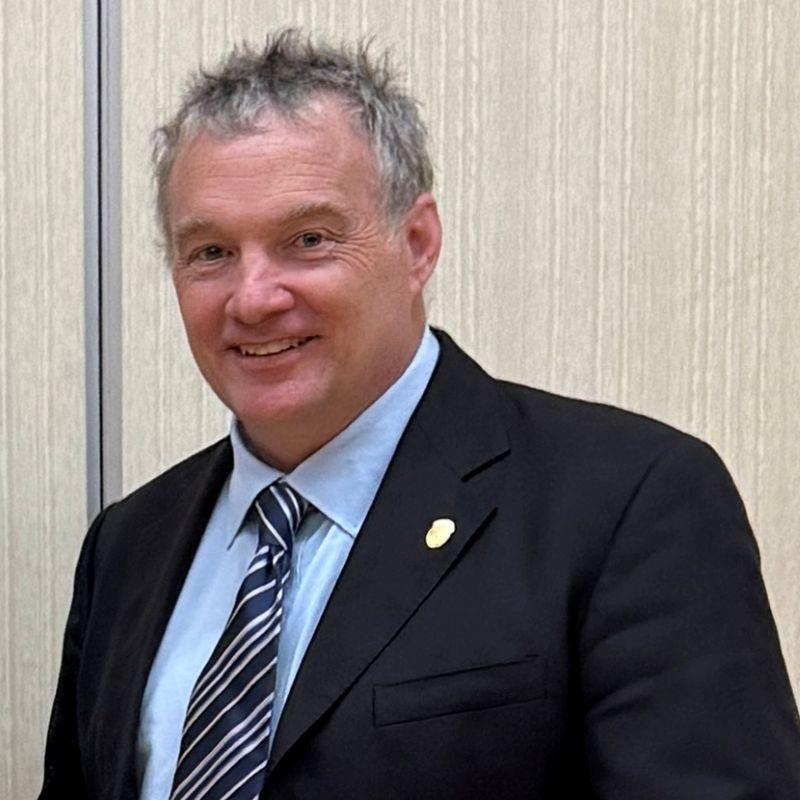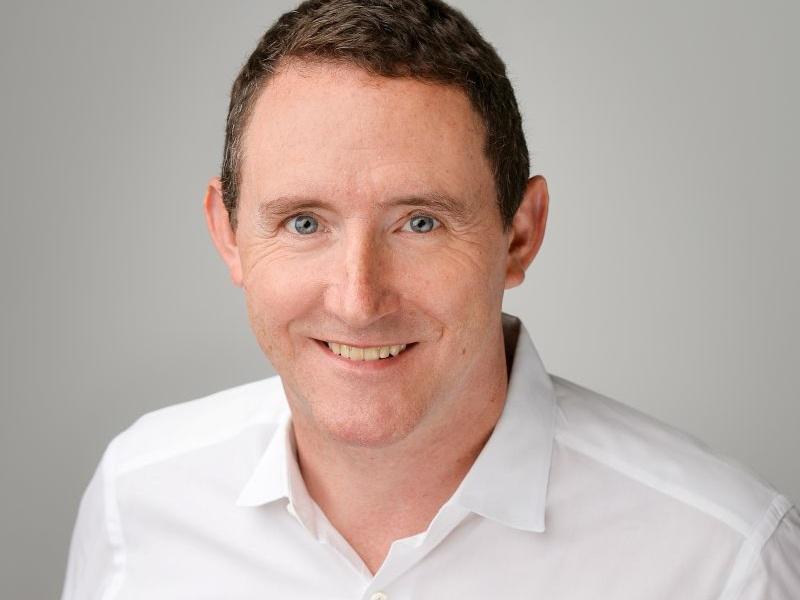
Provectus Biofuels Inc. plans to produce 100 million litres of low-carbon jet fuel per year in Alberta by tapping into abundant sources of agricultural waste from local farmers as feedstock.
Based in Prince George, B.C., the project developer has secured a letter of intent for 160 acres of land in Vegreville, a town approximately 100 kilometres east of Edmonton.
There, Provectus has designs for its Dobrojet project, where it aims to generate sustainable aviation fuel (SAF). The fuel emits less greenhouse gas compared to conventional counterparts. Provectus anticipates its production will offset 274,500 tonnes of carbon dioxide – the equivalent of taking over 59,000 cars off the road for a year.
An aviation climate action plan released by the Canadian government in 2022 lays out a goal to have 10 per cent of Canada’s jet fuel supplied by SAF by 2030.
“The reality is that what is driving adoption and consumption is the regulations impacting the aviation industry,” Tom McMillan, vice-president of business and investment development at Provectus, said in an interview with Sustainable Biz Canada.
SAF, he added, “is the only way to decarbonize air travel.”
From forestry to agriculture
Provectus was co-founded by president and CEO Jon Jaque and director Don Shewchenko in 2021. Jaque, who also participated in the interview, has a background in information technology, real estate development and developing projects in the green energy and renewable natural gas sectors.
Jaque and Shewchenko assembled a team that became Provectus to “move forward in a parallel space” to the renewable natural gas industry, he said.
The company’s initial plan was to draw from forestry biomass in British Columbia. But the province’s forestry is in “flux,” Jaque said. Provectus looked east to Alberta because “there’s a certain level of ease in the agricultural sector for assembling the required biomass,” he continued.
Wheat straw, the byproduct from harvesting grain, is produced in large, reliable volumes by Alberta’s farms. An investor deck created by Provectus says 3.4 million tonnes of wheat straw are harvested annually within 100 kilometres of Vegreville. Dobrojet is expected to consume 165,000 tonnes of wheat straw per year, McMillan said.
The leftovers from wheat harvests will be gasified in a low-oxygen, high-temperature environment to generate synthesis gases. The gases will be converted to methanol, then reformed and distilled into SAF.
The pitch deck shows Provectus targeting 30 grams of carbon dioxide equivalent per megajoule of its SAF, less than half of the British Columbia government’s target for 80 grams by 2030.
Dobrojet's flight path
The feasibility studies for Dobrojet have been completed. Provectus is now preparing for the front-end engineering design (FEED) study.
To secure the funding for the FEED phase, the company is taking steps to finalize offtake and supply agreements, license the technology for producing SAF, and establish a proof of concept, McMillan said.
After the FEED study, Provectus will be better informed to move toward the final investment decision, then project stage financing to raise money for construction.
The hope is to begin the FEED study within three to six months, McMillan said, with the study itself taking 12 to 18 months. The final investment decision is then expected to take six months. If the investment is secured, construction is projected to take two to three years to complete.
The construction is expected to cost $845 million, with Provectus expecting to have financial support from both governments and private equity groups focused on renewable energy, McMillan said.
The size of Dobrojet has yet to be finalized, but 80 to 100 people are expected to be employed at the facility.
Provectus is in talks with airlines, fuel distributors and airports as potential customers. Most of the companies are Canadian firms, Jaque said, with some international businesses also taking an interest.
A need to scale-up SAF production
There is a case for Dobrojet to be Provectus’ hub for SAF production, McMillan said, fed by “spoke” feedstock facilities that will produce methanol to supply Dobrojet. Such spokes would likely be in Alberta and British Columbia.
Facilities like Dobrojet will be needed to meet global ambitions of decarbonizing aviation, an industry the International Energy Agency says was responsible for 2.5 per cent of global energy-related carbon dioxide emissions in 2023.
The Canadian Council for Sustainable Aviation Fuels developed a plan to produce one billion litres of SAF per year in the country by 2030, drawing from renewable feedstocks such as forestry and agricultural wastes, industrial fats, oils and grease, municipal solid wastes and captured carbon dioxide.
Airline members of the Montreal-based International Air Transport Association (IATA) committed to net-zero from their operations by 2050. SAF is critical to achieving this, as the majority of emissions from aviation are from fuel.
However, the pace of SAF production has been plodding along. IATA reported SAF production volumes reached 1.3 billion litres in 2024, accounting for just 0.3 per cent of global jet fuel production.










